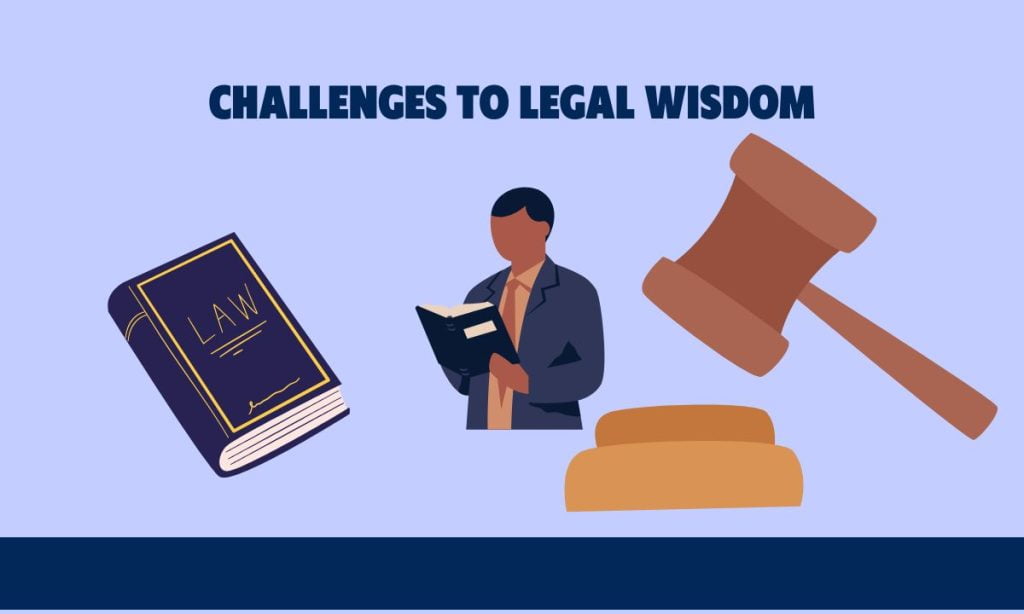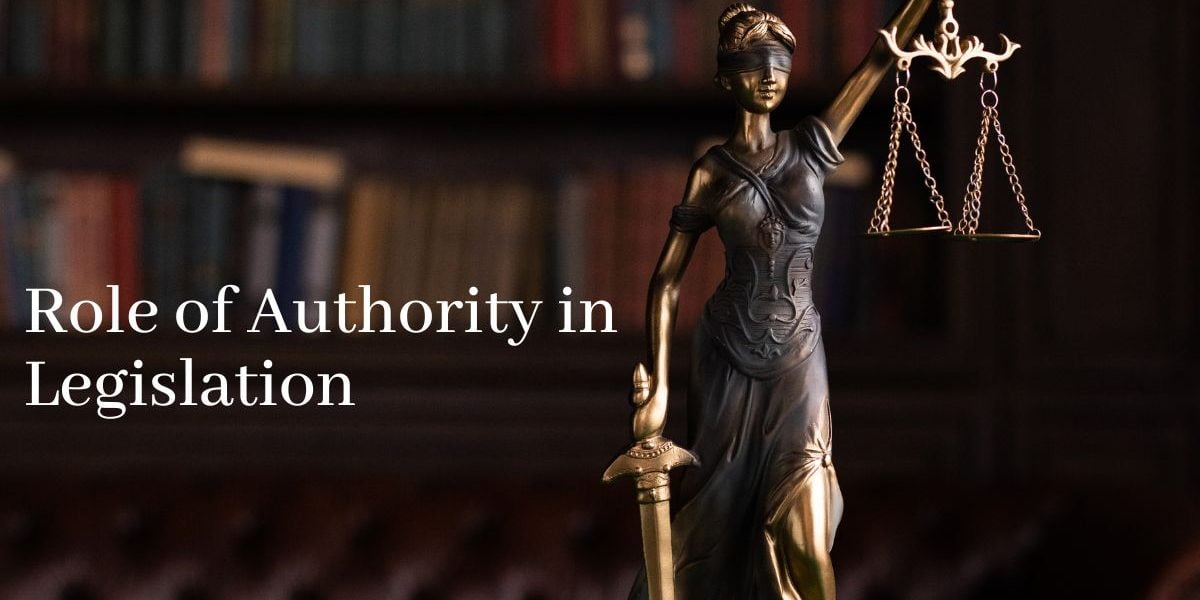The saying it is not wisdom but authority that makes a law. t – tymoff has a lot of resonance in the context of government and social order. This quote, which is frequently credited to political philosopher Thomas Hobbes, is a powerful reminder of the processes involved in the making and application of rules. Although the content of laws may be shaped by knowledge, authority is ultimately responsible for giving them life and shaping the social structure of our societies. Let’s examine the details of this claim and consider how it relates to modern life.
The Role of Authority in Legislation
In modern countries, legislative, executive, and judicial branches are the main institutions responsible for establishing and upholding laws. The legal system is significantly shaped by the authority and influence of these institutions. It’s feasible, though, to which degree their choices actually represent wisdom. Political objectives, cultural conventions, and special interests are frequently given precedence over serious ethical questions or philosophical conversations in legislative procedures.
Navigating Legal Realities
The judicial field is a complicated expression of an imbalance between knowledge and authority. Even while legislative bodies have the authority to act on laws, the wisdom contained inside them is usually sensitive to judgment and challenges. There is a constant dialogue among activists, legal scholars, and managers over how to interpret legal precedents and rules to determine their, it is not wisdom but authority that makes a law. t – tymoff.
The Impact of Background
Legal systems frequently depend on rule of law, in which judgments rendered in earlier instances are used to inform those rendered in the present. While historical precedent offers predictability and consistency, it may also uphold unfair customs or ancient standards. In these situations, the knowledge needed to modify legal concepts to conform to changing social norms and ethical standards may be overpowered by the authority of prior decisions.
Challenges to Legal Wisdom
There are challenges in the legal field for those requesting insight. Difficulties like ambiguous regulations, legal loopholes, and cultural prejudices might make it is not wisdom but authority that makes a law. t – tymoff that are genuinely sensible and equitable. Moreover, the legislative process may be depending on special interest groups, marketing efforts, and organizational judgments, lowering the goals of justice and social power.
The Role of Legal Education
The development of legal education is essential to the future of the judiciary. A generation of legal professionals dedicated to furthering wisdom-driven regulations may be fostered by educational institutions by developing honesty, empathy, and critical thinking in aspiring lawyers and policymakers. Potential legal experts may be more capable to navigate the complexities of governance with wisdom and care if they engage with research across fields, take advantage of learning experiences, and follow moral principles.

Approaching Structural Changes
There’s a rising need to create knowledge into legal systems in order to move beyond the paradigm of authority-driven legislation. This means that inside legislative procedures, a culture of critical thought, ethical reflection, and diversity must be encouraged. Legal frameworks can develop to represent greater knowledge and insight by engaging collaborative viewpoints, including various stakeholders, and placing a high value on moral integrity.
Knowledge of The Quotation
It is not wisdom but authority that makes a law. t – tymoff captures a significant insight on the nature of law. While authority signifies strength, command, and control, wisdom suggests an in-depth knowledge, moral insight, and judgment. The previous remark implies that the adoption of laws frequently depends more on the supreme authority of those in charge than on the innate wisdom embedded in the legal system.
Accepting Legal Judiciary
There is a solution to resolve the issue between legal power and knowledge through ethical judicial practice. This method stresses the unbreakable connection between morality and the law, argues in favor of laws that protect basic human rights, advance social fairness, and advance the common good. Authorities may build a more equal and empathetic community by establishing rules of law based on legal issues rather than simply maintaining power.
Conclusion
To achieve justice and social unity, we must go beyond the limited scope of power-driven legislation and recognize the deep knowledge that forms the foundation of law. The expression goes, it is not wisdom but authority that makes a law. t – tymoff is a moving reminder of the fundamental disputes in judicial systems and the continuous search for a balance between knowledge and power. We may strive for a legal system that really reflects the values of justice, equality, and the common good by creating a culture of ethical contemplation, inclusion, and moral integrity.
Also, Read More About Visit Here :- Steel Detailing Jeemon vg Enabling Creation Quality




